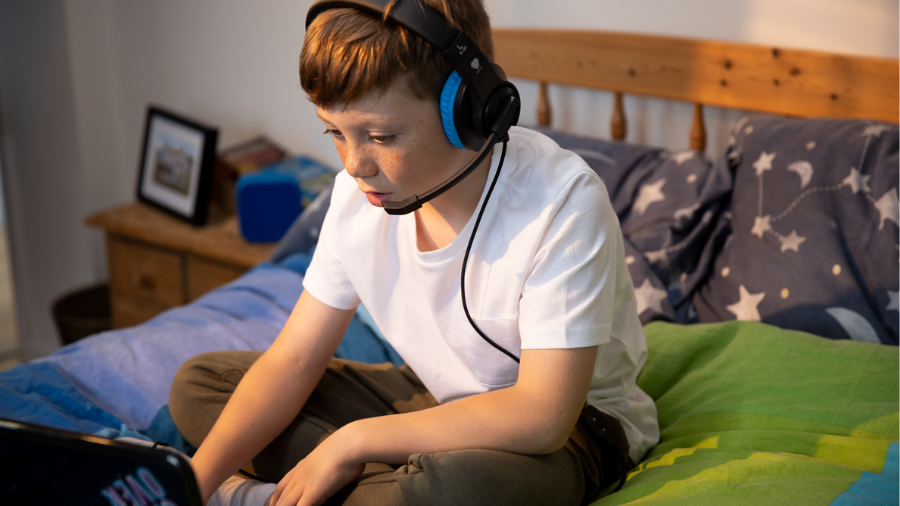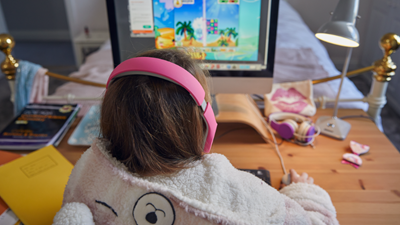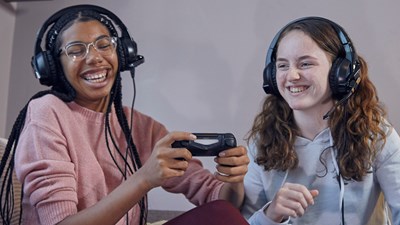I think that parents and carers should know that with their children gaming online, although there are risks, it can also be really helpful for them to do as it gives them time away from work and it’s also a good stress reliever.
I think people enjoy gaming due to the fact that it’s a good way to distract yourself from everything else going on in your life, it’s also a good way to spend time with your friends and even family. You get to enjoy playing your favourite game whilst not thinking about anything else going on with your life and play with friends.





